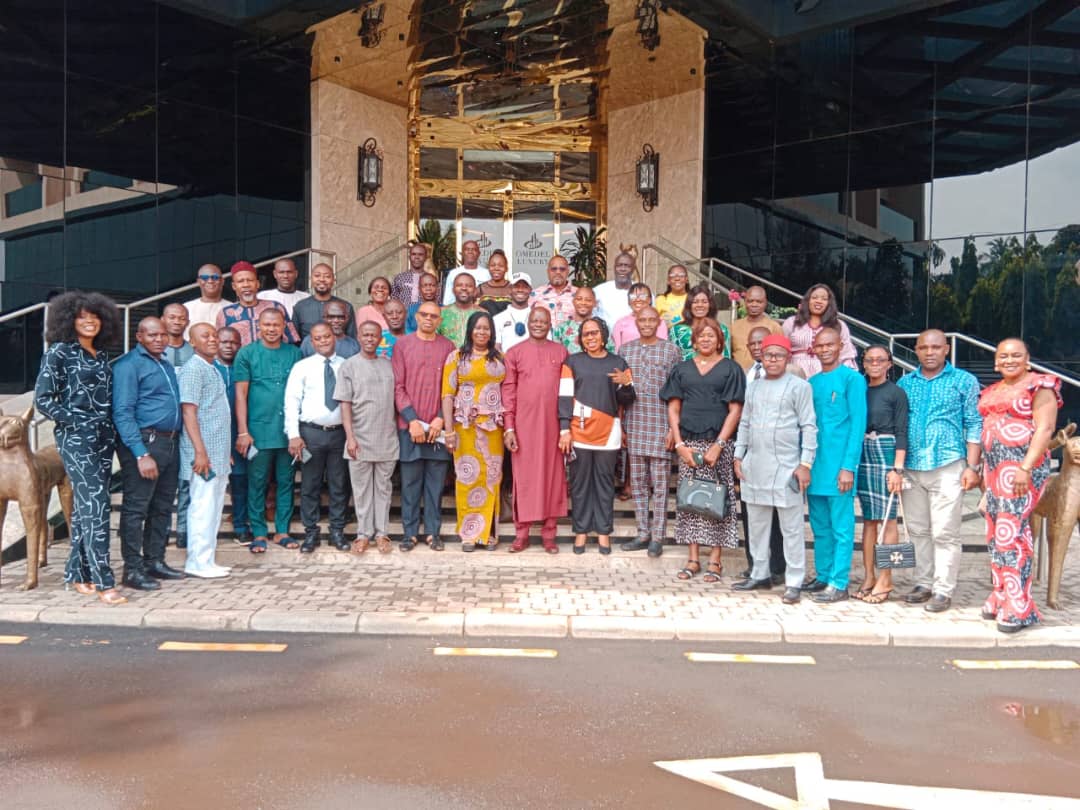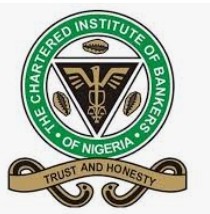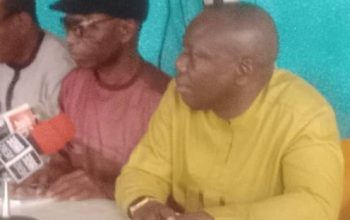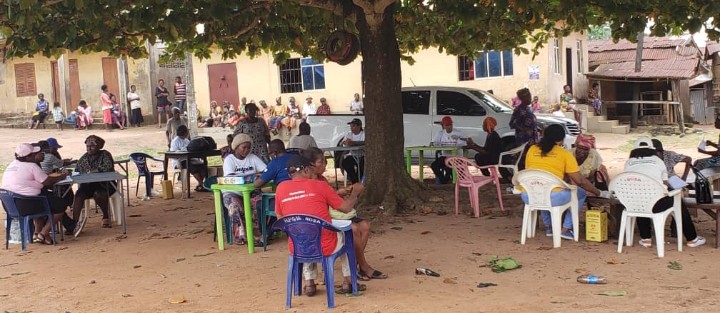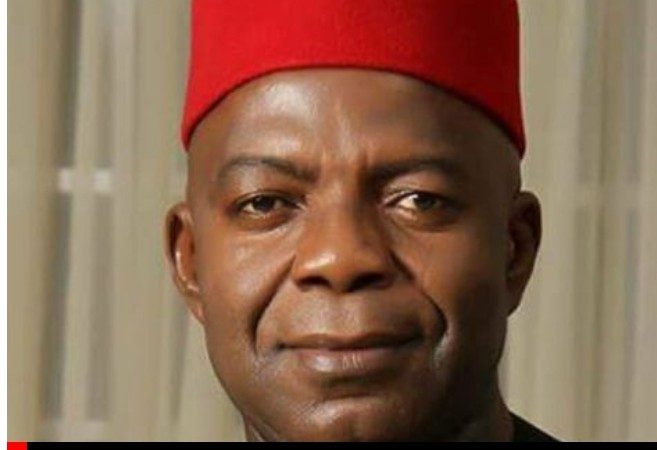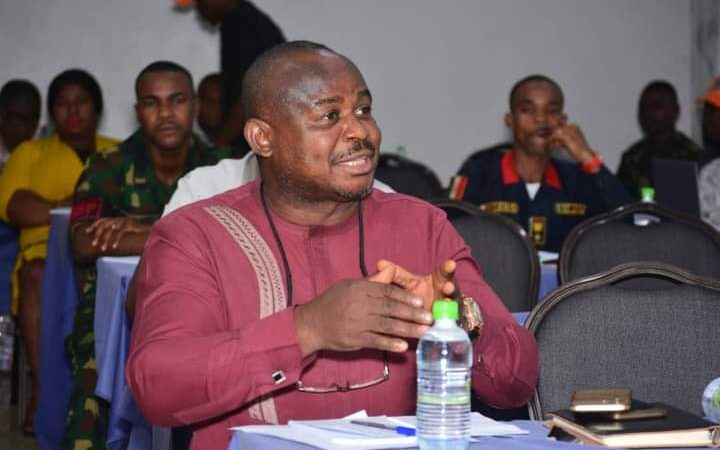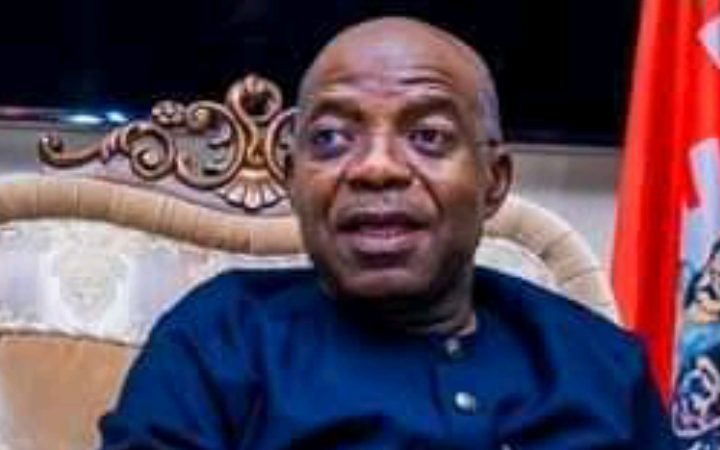A two day capacity building for journalists and civil society organizations CSOs in South East on Media training on “Conflict Sensitive Reporting, 2023 General Elections and Countering Fake News” has ended with a charge to journalists to eschew bias in reporting the 2023 general elections.
The training held at Omedel Luxury Hotel, Enugu State was organised by INEC in collaboration with NUJ and Centre for Democracy and Development CDD.
Declaring the training open, the National Commissioner and Chairman Information and Voter Education, INEC, Barrister Festus Okoye said delivering free, fair, peaceful, safe and credible elections must be seen and viewed as a shared responsibility and partnership between agencies, commissions and branches of government and in this multi stakeholder venture, no one should be left behind.
Okoye who spoke through INEC deputy director in Enugu State, Mr Chukwuemeka Ugbaja said the media and its practitioners must have basic understanding and a working knowledge of the constitutive constitutional, legal and regulatory instruments that guide and underpin the work of the Commission. He said this is fundamental as the Constitution has gone through several amendments and the country has a new Electoral Act that is progressive and has imputed and domiciled the use of technology more concretely in the electoral process.
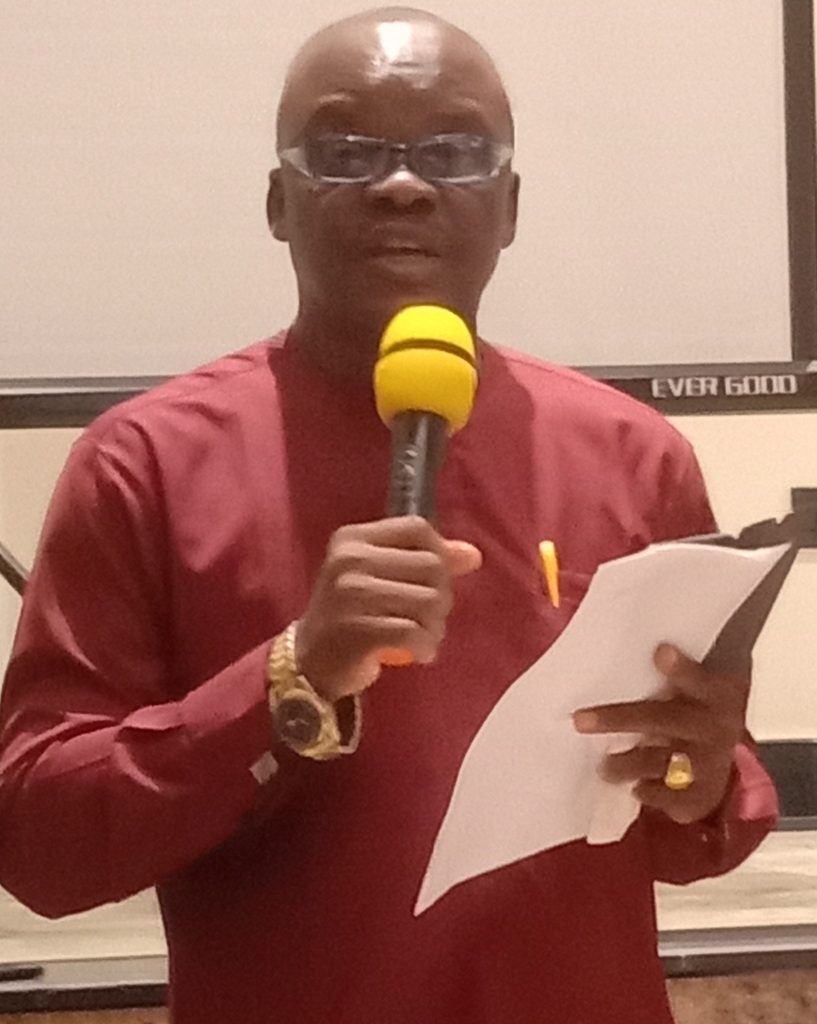
The INEC commissioner said “without this understanding, all perceived inadequacies and infractions by other agencies of government and other stakeholders in the electoral process may inadvertently be ascribed to the Commission and this could lead to misunderstanding and disinformation”.
According to him, the media must be conversant with the processes and procedures of the Commission as well as the dynamics at play in the conduct of elections.
He added that the media must be aware and understand that preparations for elections, the conduct of elections and the resolution of electoral disputes are in a class of their own and cannot be discussed and analyzed from a generic point of view. “This is because elections and the electoral process have their own dynamics. For instance elections petitions are not civil or criminal proceedings and therefore must be understood within the context of Nigeria’s electoral jurisprudence”.
He continued that “the third issue is that the work of the Commission and the conduct of electoral business has national security implications, which implies that reporting elections need to be handled with an eye on conflict sensitivity and national peace and cohesion. Reporting elections requires special skills and understanding of the centrality of election to Nigeria’s survival as a federal democracy where incontrovertible facts devoid of speculation, grandstanding and political maneuvers are more likely to be more helpful. This is simply because one false report that goes viral may have the potential of triggering a breakdown of law and order in a part or the whole of the country”.
Okoye said it is in the interest of the country for the media to always seek for official clarification on germane and serious national issues, especially when electoral matters are involved, instead of relying on the opinion of unnamed “highly placed officials” of the Commission and those of ‘a National Commissioner that does not want to be named”.
“The fifth is that the media must hold a balance between all the contending parties and candidates. Section 95(2) of the Electoral Act, 2022 is categorical that State apparatus including the media shall not be employed to the advantage or disadvantage of any political party or candidate at any election and section 95(3) of the Act also provides media time shall be allotted equally among the political parties or candidates at similar hours of the day”.
Speaking on the role of the media in the conduct of Peaceful Elections, the National President of NUJ, Comrade Chris Isiguzo who was the keynote speaker states that media professionals should include educating voters on how to exercise their democratic rights by reporting on election campaigns through providing equal platforms for the political parties and candidates to communicate their messages to the electorate.
Comrade Isiguzo who was represented by the National President of National Association of Women Journalists, NAWOJ, Ladi Bala maintained that media workers should provide a platform for the public to communicate their concerns, opinions, and needs, to the parties/candidates, to the EMB ( INEC) the government, and to other voters, and to interact on these issues.
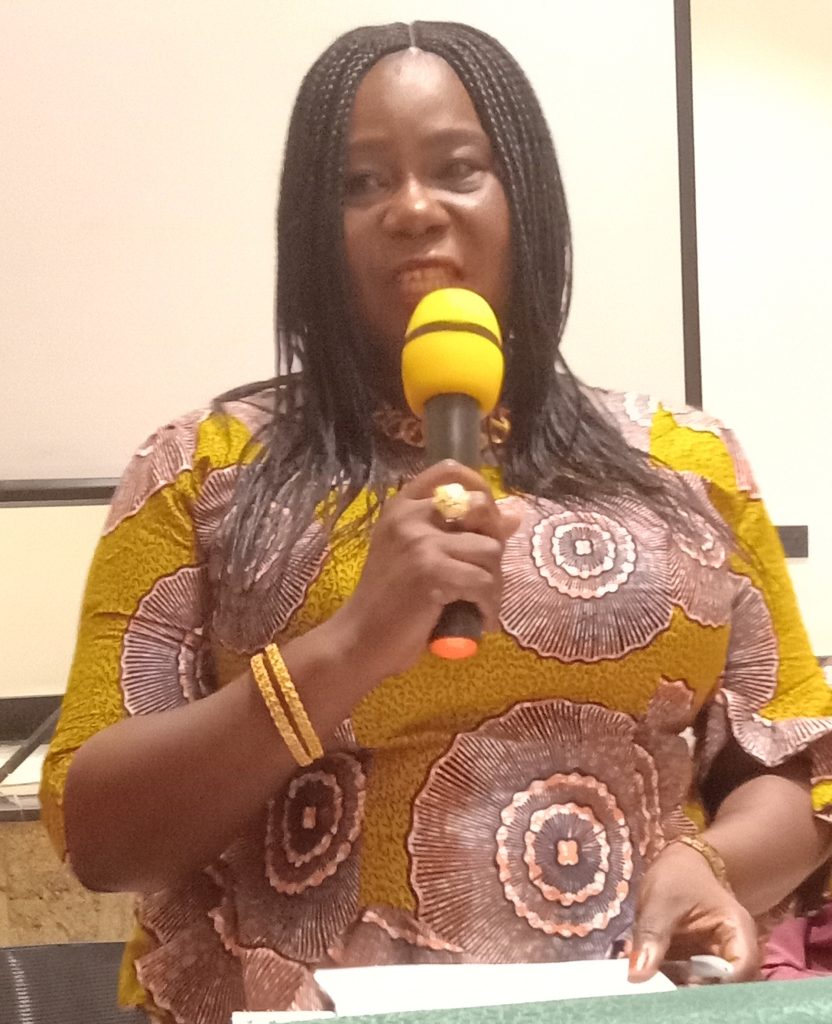
According to him, another important responsibility is bringing the parties and candidates to debate with each other. He explained that this is a veritable means through which voters can have ideas on where to cast their votes. Isiguzo stated that it is the duty of Journalists to report election results as released or provided by INEC, and monitor the entire process of vote counting.
His works “They should scrutinise the electoral process itself, including electoral management, in order to evaluate the fairness of the process, its efficiency, and its probity.Journalists must provide information that, as far as possible, avoids inflammatory language, thus helping to prevent election-related violence”.
On Social Media, Fake News and Hate Speech, The National President of NUJ said “Journalists must avoid hate journalism, and fake news as these evils can destroy a society. The advent of multi-media technology has changed the pattern and flow of communication, globally and since journalism is in the business and practice of Communication, it has also been impacted upon tremendously” and among points raised.
The director of legal department, INEC Enugu State, Humphrey Okoli took the section on the important sections of the INEC new electoral act media workers should know “Key Issues in the Electoral Acts, 2022.
in his lecture, Mr Igwe Damien from CDD said the aim of the training was to brainstorm with journalists as the watchdog of the society, to know areas to avoid while covering political and election proper in 2023.
He added that civil societies and media workers are sensitive in information management, therefore the need to have the correct information to ensure credible, peaceful and transparent election.
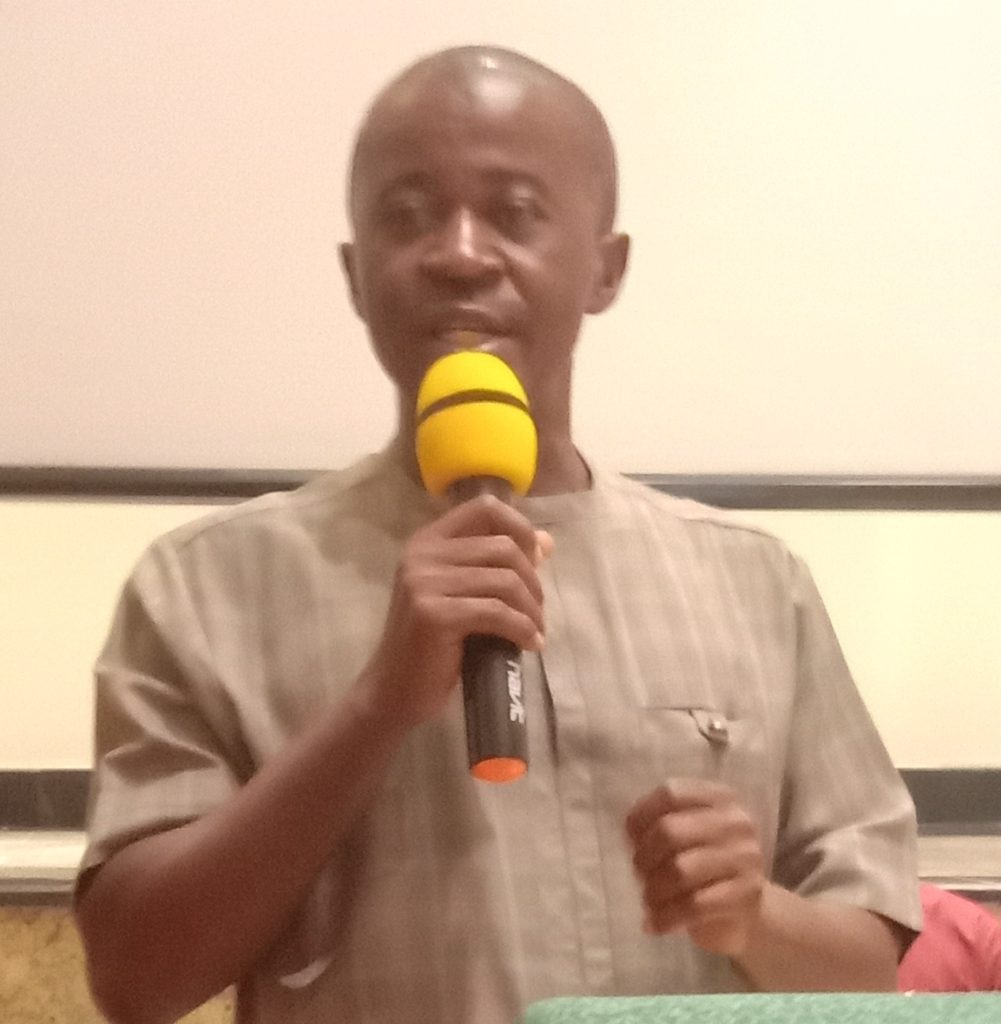
On his part, Mr Austin Aigbe from CDD handled the lecture on “Countering Disinformation in Nigerian Elections”, while the head of ICT INEC Enugu, Mr John spoke on “Demonstration of the Bimodal Voter Accreditation System BVAS”.

